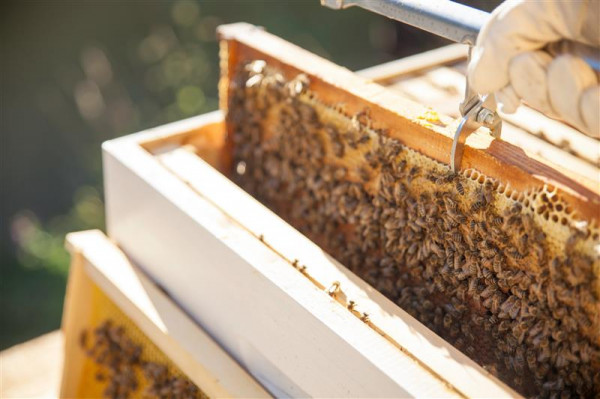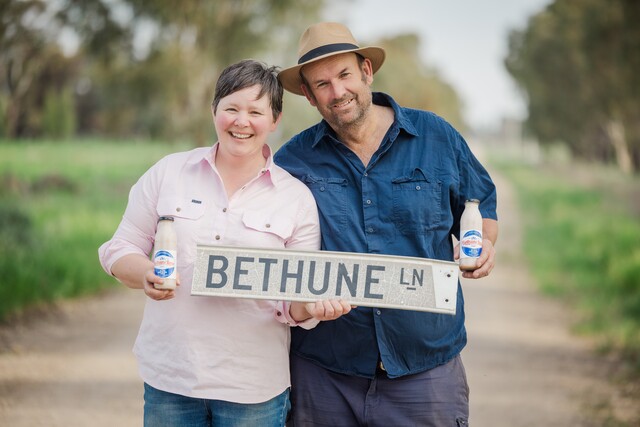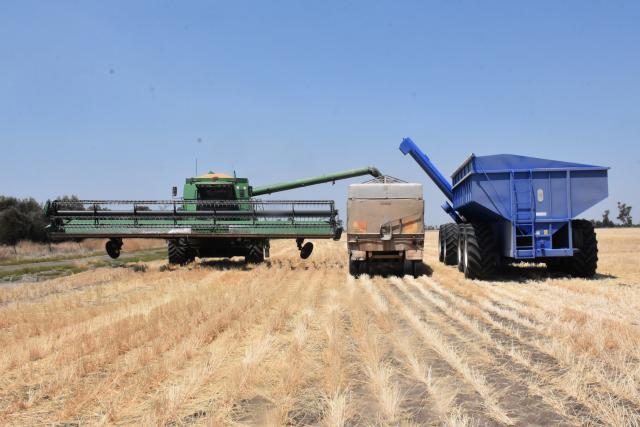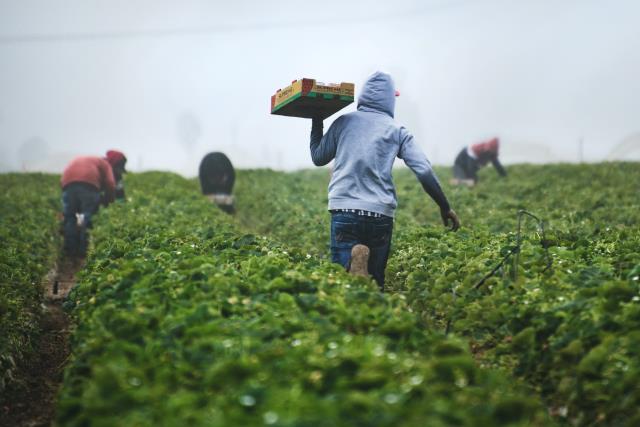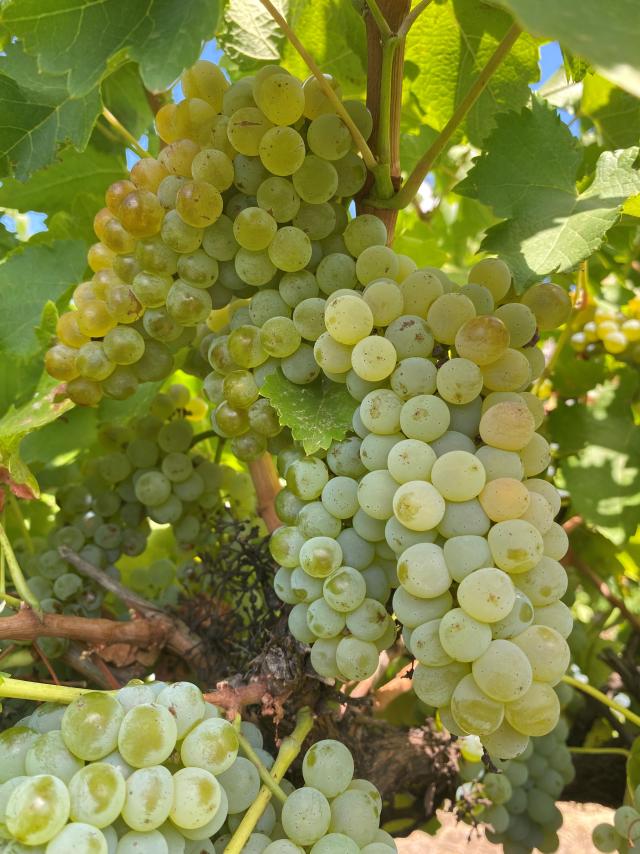AGRICULTURE charity Rural Aid is urging beekeepers and primary producers to seek help in light of the latest confirmed outbreak of Varroa mite.
The parasitic pest was most recently found in Gippsland Victoria hives and is one of several confirmed Varroa mite hotspots identified in the past sixteen weeks by Agriculture Victoria.
The mites present a significant threat to Australia’s farming sectors and Rural Aid CEO John Warlters said the charity is committed to helping beekeepers and the farming community.
“Bees are our littlest livestock, but they are essential to the health of many Australian farms and food industries,” he said.
“No matter what you grow, farm or produce, if you’re doing it tough, we’re here to help.”
The mites have been an ongoing risk to food chain biosecurity for several years and Almond Australia CEO Tim Jackson said most people are only now recognising the problem.
“This Varroa mite destructor was found in a hive in the port of Newcastle in June 2022, and now they’ve been detected all over New South Wales, in Queensland, and they’ve been detected in Victoria.
“It has had an impact on the beekeepers and the strength of their hives when they’re being utilised for pollination-dependent industries, such as almonds.
“We’re only just starting to realise the economic devastation that this has for pollination.
“Many industries probably don’t realise how dependent they are on the wild European honeybee population.”
Currently, pollination dependent producers, like almond farmers, are renting hives for $200 a month as a result of the past season’s honey bee scarcity.
Most one-hundred-acre apiaries and would require between 500 and 600 hives.
Mr Jackson said the mites pose a to all sectors because they often travel between wild and commercial hives.
“Once the mite left New South Wales, it got into national parks heading south and north,” he said.
“It’s a natural spread, and once feral European honeybees cross-mingle with commercial hives in national parks or elsewhere, it becomes a compounding problem.
“It’s estimated that there’s at least one feral hive per square kilometre up and down Australia’s east coast.”
Services are available to support and educate producers on addressing the pests.
Services from Rural aid include assistance for producers in need and Mr Warleters said the charity is committed to ensuring all primary producers are eligible for support.
“The Varroa mite threatens not only honey but the pollination that underpins our crops and fruit production. Protecting beekeepers is protecting the entire food chain,” he said.
“At Rural Aid, we believe no primary producer should be left to struggle in silence.”

